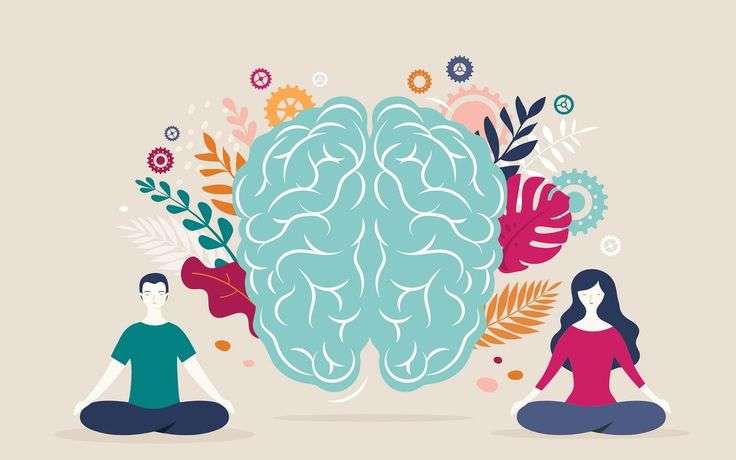Natural Remedies for Infertility: Effective Tips to Boost Fertility

Struggling with infertility can be an emotional journey, affecting approximately 15% of couples worldwide. While modern medicine offers advanced treatments, many turn to natural remedies for infertility for a holistic approach to conception. This article explores practical and natural ways to enhance fertility, offering hope to couples seeking to start a family.
What is Infertility?
Infertility, the inability to conceive after a year of unprotected intercourse, can be addressed with natural remedies focusing on diet, lifestyle, and stress management.
Female Infertility Causes:
- Ovulation Disorders: Conditions like Polycystic Ovary Syndrome (PCOS) disrupt regular ovulation.
- Uterine/Cervical Issues: Structural problems in the uterus or cervix can hinder pregnancy.
- Age: Fertility naturally declines with age, particularly after 35.
Male Infertility Causes:
- Sperm Disorders: Low sperm count, poor sperm motility, or abnormal sperm shape.
- Hormonal Imbalances: Irregular hormone levels can affect sperm production.
Common Factors Influencing Infertility:
- Stress
- Environmental Factors
- Genetic Factors
- Lifestyle Factors
Natural Remedies to Boost Fertility
Controlled Diet:
Focusing on a diet rich in vitamins and minerals like pumpkin seeds and wheat germ oil can boost reproductive health.

- Pumpkin Seeds: Taking dried pumpkin seeds or pumpkin powder continuously increases sperm production and count. It also provides zinc, which is crucial for reproduction.
- Wheat Germ Oil: With antioxidant properties and rich in Vitamin E, it reduces free radicals in the body.
- Avoid Trans Fats: Trans fats increase insulin levels, disrupting hormones responsible for reproduction. Avoid unhealthy foods like burgers and baked goods, and adopt a vitamin-enriched natural diet.
- Take Rich Fibre Foods: Consuming fresh fruits and vegetables high in fiber enhances the immune system, helping to overcome infertility.
Did You Know Yoga and Meditation Play a Key Role in Boosting Fertility?
Yes, the latest research has found that yoga plays a key role in boosting fertility. Check out the greater advantages offered by yoga and meditation:
- Hormonal Balance: Yoga and meditation regulate hormones, reducing stress, which improves ovulation and sperm production.
- Improved Blood Circulation: Yoga enhances blood flow to the pelvic region, improving reproductive organ health and strengthening pelvic floor muscles.
- Stress Reduction: Yoga and meditation offer a stress-free lifestyle, addressing stress as a major cause of infertility.
- Improved Sleep: Yoga and meditation promote better sleep, an essential factor in boosting fertility.
Yoga Poses to Improve Fertility:
- Warrior Pose
- Malasana
- Hastagupdhasana
- Sethubanthasana
- Sugasana
Engage in Creative Activities
- Playing Instruments
- Dancing
- Singing
- Reading


